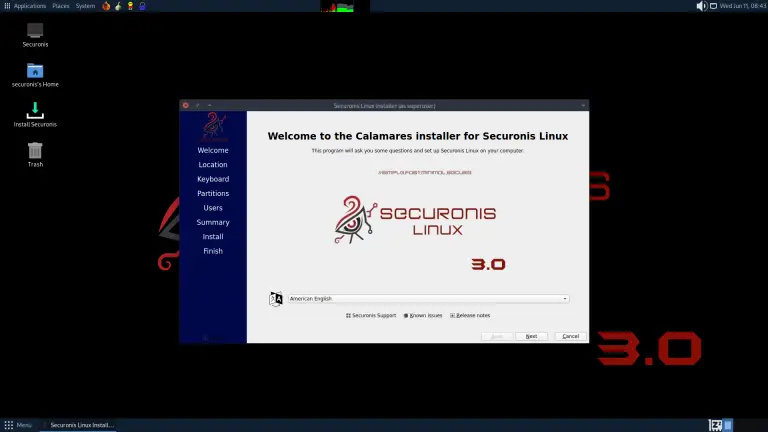
Engineers at ByteDance have introduced an innovative approach to accelerating inter-process communication (IPC) in Linux, dubbed RPAL—Run Process As Library. The core idea is to allow one process to invoke another as though it were a standard in-memory function, bypassing the operating system kernel entirely. According to the developers, this method significantly enhances performance while reducing CPU overhead.
Traditional IPC mechanisms in Linux—such as sockets and system calls—often become bottlenecks in high-load environments. RPAL offers a novel alternative: it minimizes data copying, avoids kernel context switches, and requires minimal modification to existing application code. In essence, it transforms a standalone process into a callable library function.
Initial benchmarks conducted by ByteDance reveal remarkable performance improvements. In one test, a client transmitted one million 32-byte messages. Using conventional IPC, each message consumed an average of 19,616 CPU cycles. With RPAL, latency plummeted to just 1,703 cycles—an acceleration of over 91%.
Moreover, in real-world datacenter scenarios, RPAL reduced CPU usage by up to 15.5% by decreasing system call frequency and improving memory management efficiency. A key contributor to this gain was the ability to share address space between processes, thereby reducing the need for redundant data copies.
Nonetheless, RPAL does come with certain prerequisites. It relies on the hardware-based Memory Protection Key (MPK) feature, available on modern Intel and AMD Zen 4 processors or newer. ByteDance has indicated that a future iteration of RPAL may function independently of MPK, though this remains a goal rather than a present capability.
The initial patches and RFC for RPAL have already been published, inviting the open-source community to review and contribute to ByteDance’s work. This new IPC paradigm holds considerable promise, particularly for high-performance microservices and real-time systems running on Linux.


